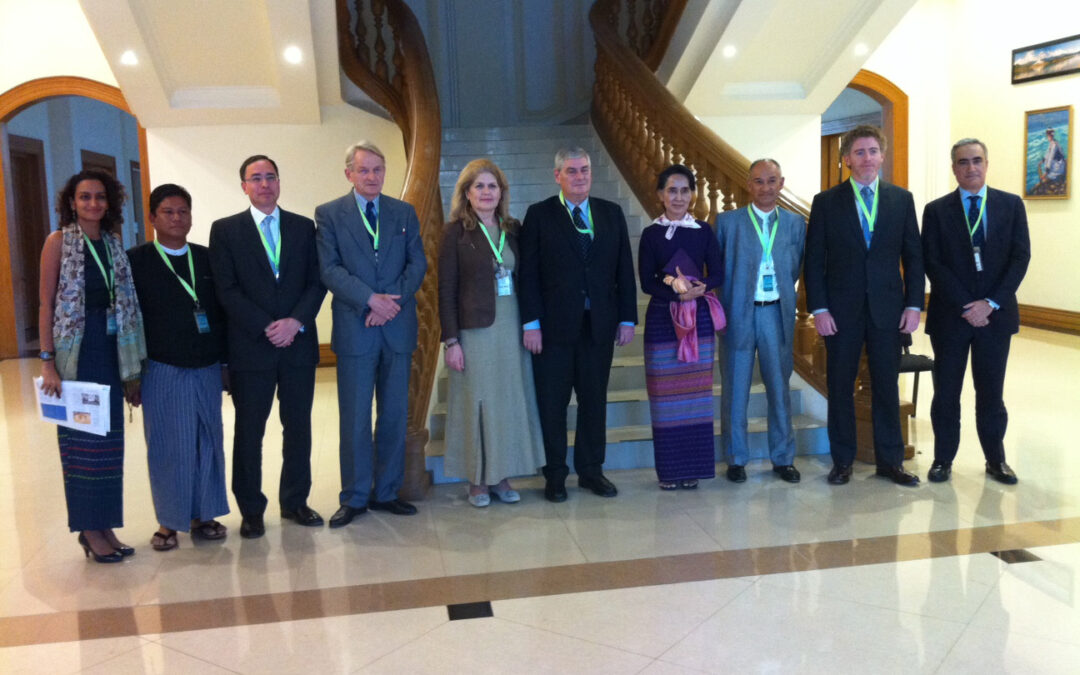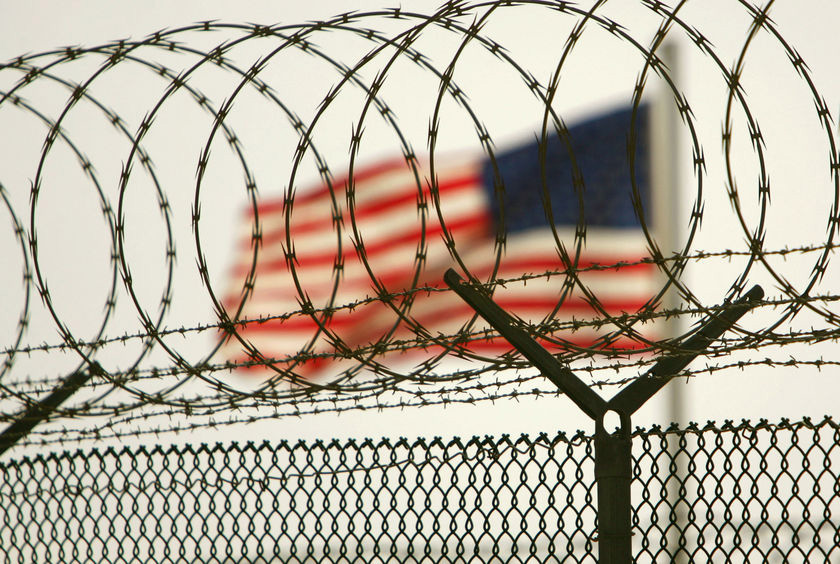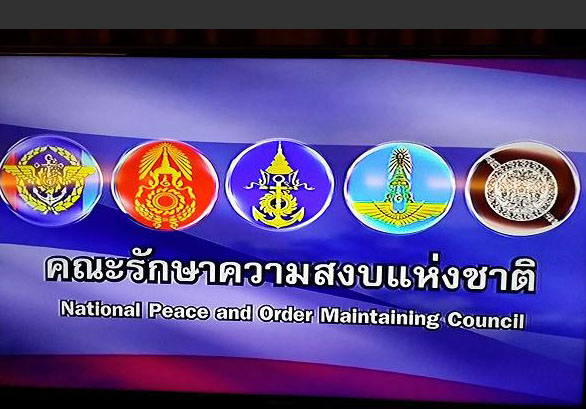
Feb 3, 2015 | Multimedia items, News, Video clips
On video, ICJ Commissioner Azhar Cachalia and ICJ Asia & Pacific Regional Director Sam Zarifi, talk about a workshop with the Supreme Court of the Union of Myanmar. In parallel with this event, the ICJ met with Daw Aung San Suu Kyi.
The ICJ’s workshop with the Supreme Court of the Union of Myanmar was on the subject of judicial ethics and the rule of law, while at the meeting with Daw Aung San Suu Kyi, discussions covered the ICJ’s focus in Myanmar to support the judiciary in taking important steps towards asserting its independence from other branches of government; and to overcome significant individual and institutional obstacles, such as undue influence by the Executive in politically sensitive and criminal cases, corruption and a lack of resources.
Daw Suu and her colleagues shared information about the Rule of law Centres being initiated as a step towards building the capacity of local legal practitioners and contributing to rule of law reforms in Myanmar.
The ICJ delegation was led by Secretary-General Wilder Tayler, and included Asia & Pacific Regional Director Sam Zarifi, ICJ Commissioners Justices Azhar Cachalia, Ketil Lund and Radmila Dicic, International Legal Advisers Vani Sathisan and Daniel Aguirre and National Legal Adviser Kyawmin San.
Daw Aung San Suu Kyi is the Chairperson of the Lower House Committee for Rule of Law, Peace and Tranquility in the Myanmar Parliament and Chairperson of the National League for Democracy, and members of her Committee. She was awarded the Nobel Peace Prize in 1991.
Justice Azhar Cachalia, ICJ Commissioner and Chair of ICJ’s Executive Committee, talks about his participation in, and contribution to, an ICJ workshop with the Supreme Court of Myanmar.
Sam Zarifi, Director of ICJ’s Asia & Pacific Programme talks about ICJ’s workshop with the Supreme Court of Myanmar

Feb 3, 2015 | News
The ICJ condemns yesterday’s decision of the Giza Felonies Court to confirm the death sentences of 183 individuals that had been simultaneously imposed in one mass trial.
The charges include murder, mutilation and attempted murder and relate to an attack on a police station in Kerdasa that took place in August 2013.
According to the ICJ, the trial has involved a litany of violations of fair trial rights, including denying many of the accused the right to legal counsel, denying the right to a public hearing, refusing to allow defence witnesses to testify, prohibiting the cross-examination of prosecution witnesses by defence counsel, and failing to produce credible evidence as to the individual guilt of each accused.
“Once again, Egypt’s judiciary has abdicated its fundamental responsibility to uphold the rule of law and human rights, instead resorting to unfair mass trials and death sentences as a technique to suppress dissent and to crack down on critics of the military and Government,” said Said Benarbia, Director of the ICJ MENA Programme.
“Egypt’s judiciary must act independently, impartially, with integrity and as a check against the Executive’s arbitrary powers and policies, not as a tool to implement them,” he added.
The imposition of death sentences following unfair mass trials constitutes a gross violation of Egypt’s obligations under international human rights law, including those relating to the right to life, the prohibition of torture and other cruel, inhuman or degrading treatment or punishment, and fair trial rights.
The ICJ opposes the use of the death penalty in all circumstances as a violation of the right to life and a form of cruel, inhuman and degrading punishment.
The UN General Assembly has repeatedly, by a large majority, called for a moratorium on its use.
Even those states that retain the death penalty have acknowledged that any imposition of the death penalty through a process that fails to meet the most stringent fair trial standards, inherently violates the right to life.
Contact:
Said Benarbia, ICJ Director of the ICJ Middle East and North Africa Programme, t: 41 22 979 38 17, e: said.benarbia(a)icj.org

Feb 3, 2015 | News
On 2 February, the ICJ observed the trial of lawyer Kalid Baghirov, before the Nizami District Court of Baku.
In the case, the Azerbaijan Collegium of Lawyers seeks disbarment of the prominent lawyer (photo), who recently acted in a number of high profile cases in Azerbaijan, including on behalf of human rights defenders.
Following a letter of the Sheki Court of Appeal alleging misconduct by Khalid Baghirov during the trial against Ilgar Mammadov, leader of the “Republican Alternative” movement and former presidential candidate, on 10 December 2014 the Presidium of the Collegium of Lawyers suspended Khalid Baghirov’s practice.
At the same time, the Presidium applied to the Nizami District Court seeking complete termination of his right to practice law. The Court accepted the case for consideration.
The ICJ commissioned an international observer, Liliya Vigel, a lawyer practicing in the Republic of Uzbekistan, to observe the hearing in the case before the Nizami District Court.
The ICJ observer also met with the representative of the Collegium of Lawyers, with lawyer Baghirov, with members of the Presidium of the Collegium, and with a number of non-governmental organizations to collect information about the case.
The ICJ continues to monitor the case in relation to international standards on human rights and the rule of law, including as regards respect for the role of lawyers, and plans to publish a report on the proceedings in due course.
Contact:
Róisín Pillay, Director, Europe Programme, roisin.pillay(a)icj.org
Temur Shakirov, Legal Adviser, Europe Programme, temur.shakirov(a)icj.org

Jan 30, 2015 | E-bulletin on counter-terrorism & human rights, News
Read the 89th issue of ICJ’s monthly newsletter on proposed and actual changes in counter-terrorism laws, policies and practices and their impact on human rights at the national, regional and international levels. The E-Bulletin on Counter-Terrorism and Human...

Jan 29, 2015 | News
Three recent decisions by the Bangkok Military Tribunal affirming its jurisdiction over civilians violate international law and represent another serious setback for human rights in Thailand, the ICJ said today.
“International standards are clear – military tribunals are not competent to prosecute civilians,” said Wilder Tayler, ICJ’s Secretary General. “Military tribunals are not independent from the executive and the lack of an appeal removes any possibility of a remedy against the judgments of the Tribunal.”
The first case concerns a political activist, Sirapop Korn-arut, who was charged with violating an order of Thailand’s ruling military junta, the National Council for Peace and Order (NCPO), to report to the military for allegedly violating Thailand’s highly restrictive lese majeste law. The second case concerns the prosecution of an anti-military coup activist, Sombath Boonngam-anong, accused of violating NCPO orders and instigating rebellion in June 2014. In the third, a Thammasat University law lecturer, Worajet Pakeerat, is charged with violating a NCPO summons to report to the military.
All three had challenged the jurisdiction of the Tribunal to prosecute civilians.
In three separate rulings, delivered on 22, 23 and 26 January 2015, the Tribunal rejected the defendants’ challenges to its jurisdiction.
“These decisions set a worrying precedent for all civilians currently facing prosecution before military tribunals in Thailand. All cases of civilians facing charges before military tribunals must be transferred to civilian courts immediately if Thailand is to comply with its international obligations,” said Tayler.
According to observers, at least 100 civilians have faced prosecution in military tribunals since the military coup. The Royal Thai Government has not yet released the official number.
While the ICJ observed Professor Worajet’s hearing on 26 January, written decisions have not yet been made publically available in these cases.
Background
Under Article 14 of the International Covenant on Civil and Political Rights (ICCPR), to which Thailand is a state party, everyone has the right to a “fair and public hearing by a competent, independent and impartial tribunal established by law.”
The imposition of Martial Law and the State’s suspension of some of its obligations under the ICCPR, including the right to appeal guaranteed by Article 14(5) for cases heard by military tribunals, does not affect the applicability of this provision.
Article 61 of the Thai Act for the Organization of the Military Court prevents any appeal from the decision of military tribunals so long as Thailand remains under Martial Law, which has been in force nationwide since 22 May 2014.
The Principles Governing the Administration of Justice through Military Tribunals sets out principles that apply to state use of military tribunals.
Principle 5 states “Military courts should, in principle, have no jurisdiction to try civilians. In all circumstances, the State shall ensure that civilians accused of a criminal offence of any nature are tried by civilian courts.”
Further, Principle 2 clarifies that even in times of crisis military tribunals must “apply standards and procedures internationally recognized as guarantees of a fair trial.”








